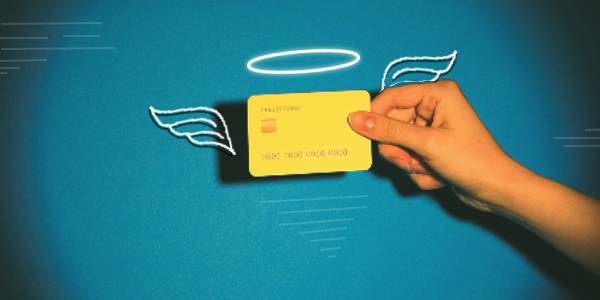Do your credit card debts die with you or pursue you into the tomb? Or, can they reappear to trouble your heirs? However, a lot of factors determine this. Among the factors the simplest part is, if the card was only yours with no joint account holders, the debt is utterly yours.
If somebody dies, it is his assets, which becomes responsible to pay off the balance. Here, as determined by the law, an administrator compares your assets and your debts and decides how the bills should be paid. The remaining assets are distributed among the heirs keeping in mind the person’ will. If the person’ will is not in existence or missing, the allocation of assets are done as established by the state law.
Sometimes, the credit card company loses
Sometimes, the assets of the passed debtor do not cover the bills. In such a circumstance, the creditor loses everything. The creditor is informed that the estate is bankrupt, and they write off the bills. Often, everything ends after this and the spouse, heirs or relatives of the passed debtor do not inherit the debt. A credit card company can never compel any third party entity to pay the bills.
According to the Credit Card Act of 2009, if there are adequate assets, the administrator is required to be informed of the amount quickly. Further, the credit card issuer needs to stop fees and penalties during the time of the settlement of the estate.
However, in a situation, where a spouse, family member or a business partner acted as a joint account holder, then the certain person becomes liable for the debt on that card and ends up bearing your credit card bills.
What about the assets?
Not all assets go through probate. Some articles, like IRAs, brokerage accounts, 401(k) s and insurance normally goes to the people mentioned in your will. In most of the cases, these assets are not deemed as part of the estate. As these assets are not included within the probate, the administrator cannot use them to pay off the bills.
What to do with accounts after a death?
When the person dies (the account holder), the administrator can inform the creditors about the death. However, if you are doing it yourself, arrange the bills and inform the credit card companies about the death of the card holder. Know where to send a certified copy of the death certificate. However, make sure to mention the name and credit card account number in the copy of the death certificate.
If a representative of the creditor asks you about the payment, refer him to the administrator. Do not promise the representative about any amount without knowing the potential of the estate, and what rights you have.
Often, credit card companies offer you to take over the account if you are ready to assume the debt and can go through a credit check. However, if your credit score is not good enough, you may not take over the similar low interest rate or high credit limit. Nevertheless, if you do not want to retain the account, fold it.












